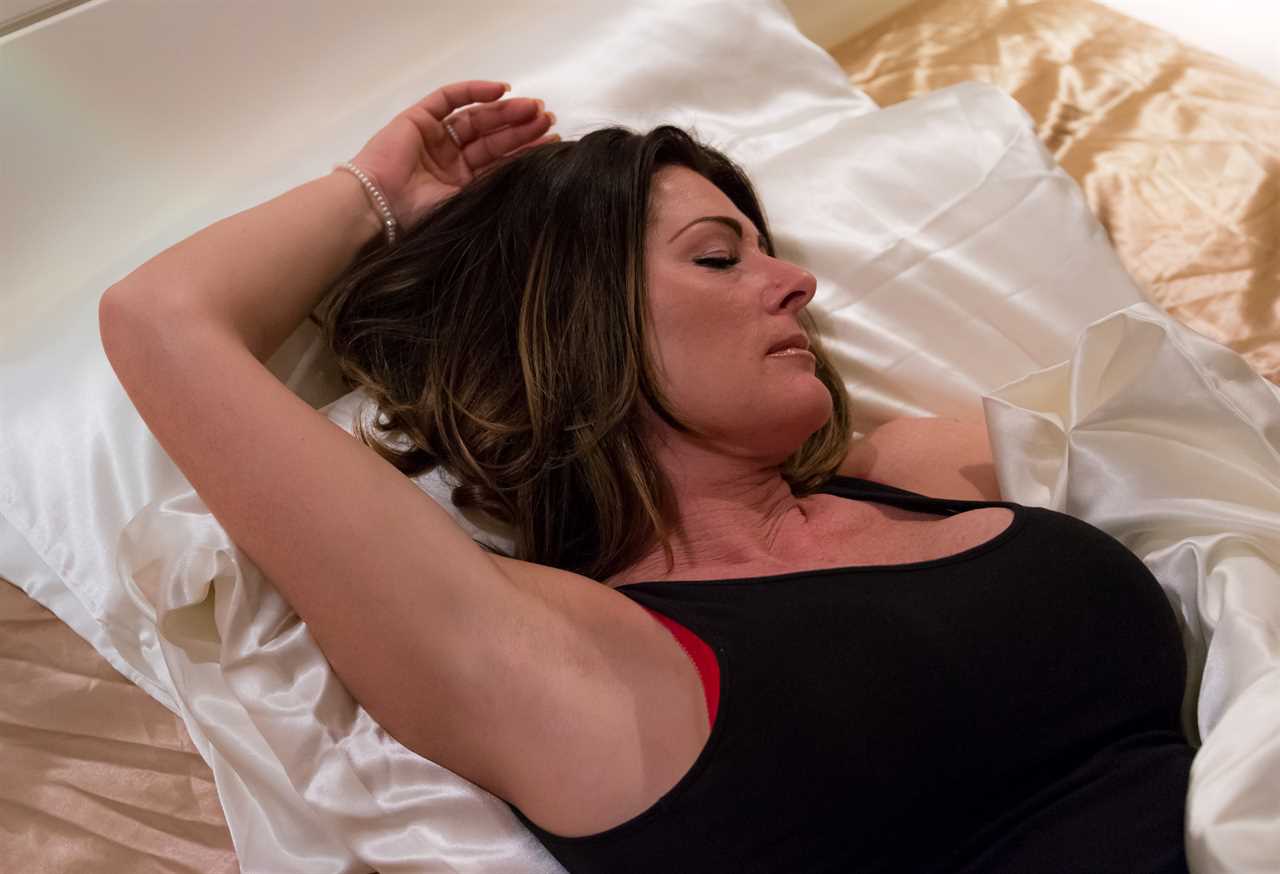A SURPRISING symptom associated with the new Covid strain could make itself known at night, an expert has claimed.
Luke O’Neill, a professor in biochemistry, warned the newly identified BA.5 variant – now the dominant Omicron subvariant across the world – could make sleeping a misery.

The Trinity College bug boffin explained how the “changed” virus is now showing new and different symptoms which Brits would not necessarily recognise as Covid.
Speaking to Ireland’s Newstalk, the Dublin-based prof said: “One extra symptom for BA.5 I saw this morning is night sweats.”
Everyone sweats a bit at night, but night sweats are a different beast.
They are classified as sweating so much that your night clothes and bedding become sodden, according to the NHS.
Adults and kids can get night sweats and they can happen even if your room is at a cool temperature.
The latest symptom is yet “another curveball” Professor O’Neill warned, and they are a result of the new virus colliding with immune systems resulting in a “different disease”.
And he stressed that while current vaccines are still offering “good protection”, new jabs will be rolled out ahead of an expected winter Covid wave.
He explained: “Like the flu, you’ll change the vaccine based on the variant that’s around at the time.”
It comes as it was revealed that one in every 25 Brits now have Covid, according to the Office for National Statistics.
A total of 2.7million people across the UK would have tested positive last week.
It is the highest figure for three months but experts say there are signs it should peak soon.
Hospital admissions are also on the rise and have doubled in a fortnight in four parts of England – the East, South East, Midlands and South West.
There are now 11,878 inpatients across England and 232 people in intensive care – a critical measure for ministers to watch.
The ZOE Covid study revealed that the total number of daily cases across the UK stands at 339,265, the Mirror reported.
It comes as an estimated two million Brits are suffering with Long Covid.






